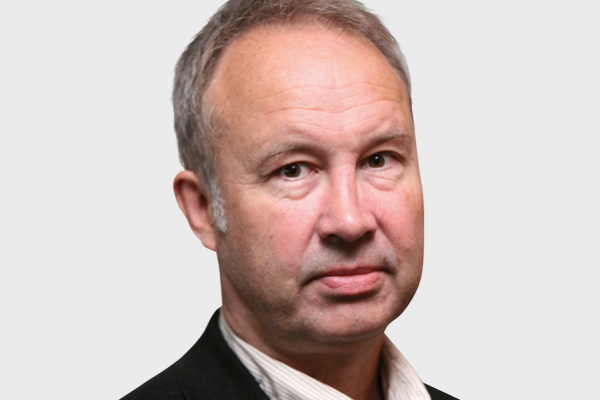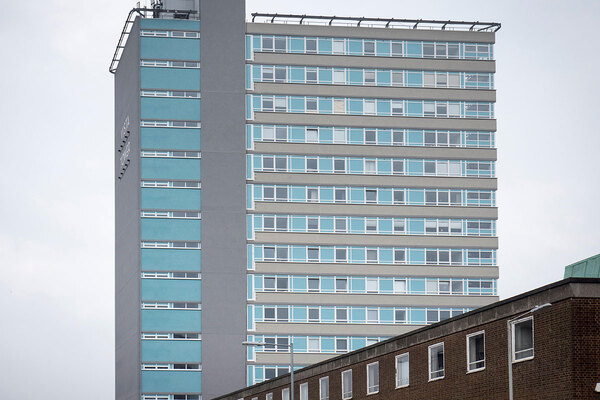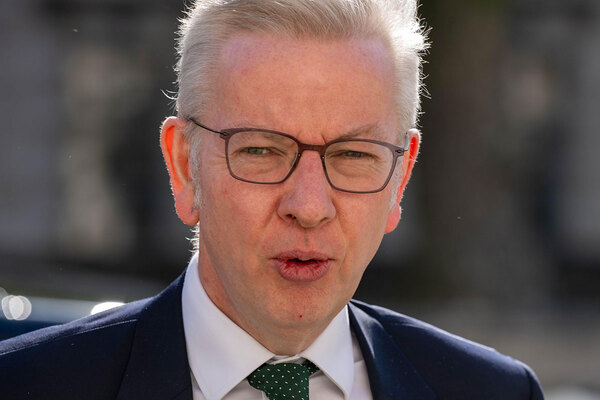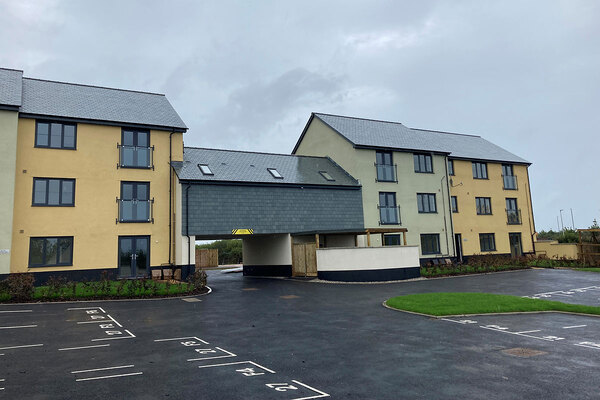You are viewing 1 of your 1 free articles
Sector likely to absorb interest rate rise despite £50m hit on surpluses
The Bank of England’s decision to increase interest rates is likely to have a limited effect on housing associations’ balance sheets but sector experts have warned of the impact of further volatility.
The central bank raised the base rate from 0.5% to 0.75% last week.
The Regulator of Social Housing (RSH) has estimated that around a quarter of the sector’s total debt of around £50bn is borrowed at a variable rate, and that a 1% rise in interest rates would wipe £200m off total surpluses.
That means that a 0.25% rise could cost the sector a total of £50m.
“People should be flexing for movements in interest rates, and should look at what is in the Bank of England’s own stress test,” said Jonathan Walters, deputy director of strategy and performance at the RSH.
Mr Walters added that uncertainty around the impact of Brexit and on what the rise might do to the housing sale market could still have a greater impact on housing associations’ financial positions.
“No one knows what the fall out from Brexit will be,” he said. “There are some scenarios where the bank may have to raise interest rates to defend the pound if there’s a run on it. But it could also have to cut interest rates to help stimulate demand in the economy.
“The bigger issue is, does this in any way have an impact on demand for new property and on house prices? At the moment I suspect that it’s a small enough rise that it won’t make much difference, although we will see over the next few months.”
Antoine Pesenti, managing director at Traderisks, suggested that interest rate rises coming alongside a potential deflation in house prices could be a double whammy for associations that rely more heavily on sales.
“Everybody knew that rates would go up so it’s already in business plans, and 25 basis points is a small increase,” he said.
“But to increase rates when the economy is not strong is a concern. It means they could carry on doing so, even while the economy struggles.
“You could be hit twice by house price deflation and interest costs increasing.”
Tom Paul, director of treasury and commercial at Optivo, said that the majority of landlords would have already priced interest rate rises into their business plans for the coming year.
“Housing associations fund our long-term investments with long-term liabilities, and this inherently exposes us to interest rate movements,” he explained. “We manage this risk by fixing a proportion of our interest rates, and for most this means fixing the vast majority of our long-term debts.
“Most tend to have some shorter-term debts on a floating basis to give operational flexibility, particularly around timing of asset sales or bond issues, but also leg-room for portfolio restructuring without breaking pre-existing fixes.
“In the scheme of things 0.25% isn’t a large increase, and most will have reflected a couple of rises into their 2018/19 budgets.”










